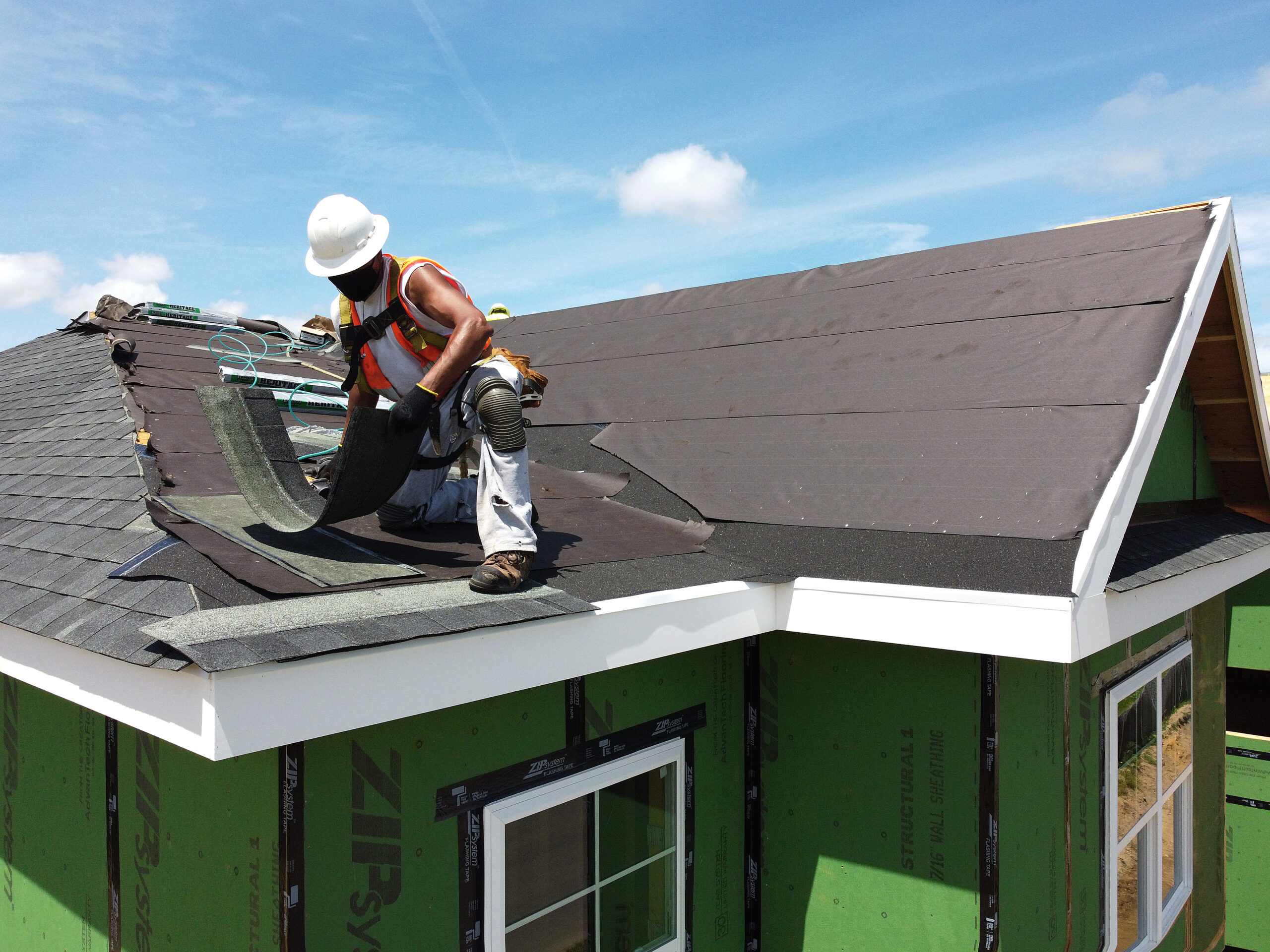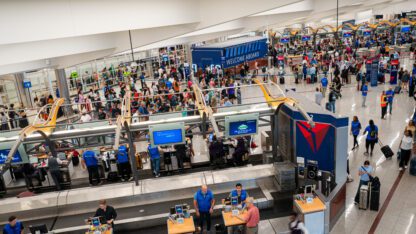The real estate website Zillow announced it would stop buying and renovating homes through the end of the year, as it works through a backlog of properties and deals with worker and supply shortages.
“We’re operating within a labor- and supply-constrained economy inside a competitive real estate market, especially in the construction, renovation and closing spaces,” Jeremy Wacksman, Zillow’s chief operating officer, said in a statement.
“We have not been exempt from these market and capacity issues and we now have an operational backlog for renovations and closings,” he added.
Through its Zillow Offers program, the company buys homes directly from sellers, completes the necessary upgrades and lists them for sale. This lets sellers avoid having to do repairs or set up showings themselves, the company says.
Zillow, which is known for its online real estate listings, told shareholders that it purchased 3,805 homes through the program in the second quarter of this year, a major increase over previous years.
Zillow Offers, which launched in 2019, sold 2,086 homes and made a gross profit of $71 million over the same period.
The company announced on Monday that it wouldn’t sign any new contracts to buy homes through the end of 2021. Zillow said it would still market and sell homes through the program and that it would also continue to buy houses with contracts that have already been signed but have yet to close.
The construction industry was one of many that were hit hard by the COVID-19 pandemic, which saw the cost of building materials soar. Meanwhile the demand for homes — as well as their price tags — have surged.
While the astronomical prices of wood have decreased from their recent highs, other materials like steel and piping remain costly or in short supply. On top of that, there is a serious shortage of construction workers.
Both the construction of new homes and the authorization of building permits fell in September compared to the previous month, according to the U.S. Census Bureau.
In an interview with Marketplace last month, Associated Builders and Contractors economist Anirban Basu said the coronavirus was still causing problems in the housing industry. “The spread of the delta variant globally has increased supply chain issues, it means higher prices for inputs, it raises the cost of delivering construction services,” Basu said.
Copyright 2021 NPR. To see more, visit https://www.npr.org.
9(MDAxODM0MDY4MDEyMTY4NDA3MzI3YjkzMw004))

9(MDAxODM0MDY4MDEyMTY4NDA3MzI3YjkzMw004))








